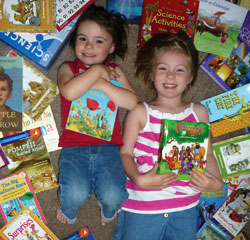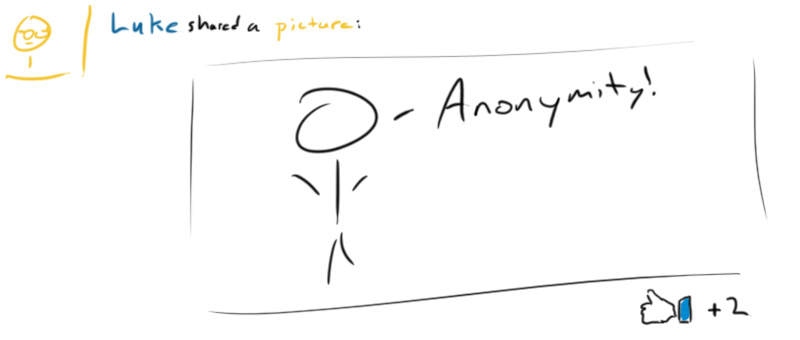Lately I have thought a lot about what it means to invest your time in teaching a child. A few days ago I thought back to a day, many years ago when I was living in Florida.
It was a cold winter day on that fateful January day in 1986 when Christa McAuliffe became the first civilian in space. I will never forget that morning. I was seven months pregnant with my fourth child and had been running errands with my three year old son when we stopped at a fast food restaurant to grab a quick snack.
As we were heading in, people were rushing out. I heard a man shouting,
“The shuttle exploded!”
We all looked in the sky and saw that terrible white cloud, the cloud filled with shattered dreams, as it hung unnaturally in the sky. People began crying. We tried to console each other that maybe the astronauts had ejected or maybe it wasn't as bad as it looked. But we could see, looking at that weird white cloud, that no one could have survived.
As we silent strangers went our separate ways I couldn't shake the feeling that we had lost some of our brightest and best. It was haunting because no matter where I went, or what I did, I could still see that frightful cloud hanging in the clear blue sky.
What made the event even more terrible was that Christa was our teacher in space. She was one of us. She was the girl next door and the teacher at the neighborhood school. Probably every child in America old enough to go to school watched the launch and the explosion. And probably every teacher wept, hugged their students and tried to answer the unanswerable question. “Why?"
I remember Christa a few months earlier as she was preparing for the launch. Her enthusiasm was contagious and people cheered when she said, “I touch the future, I teach.”
I have thought about her statement many times over the years. As I read endless books to my kids, as I taught Sunday School, led cub scout and brownie meetings, as I taught my kids to read, do laundry, wash dishes and how to do Algebra, I kept those words in mind. Whether I was discouraged and tired or whether we had a great and productive day, I would think, “I am touching the future, I teach.”
Now that my kids are grown and I have a three grandchildren, I see my sons teaching their daughters lessons my husband and I taught them, and I can tangibly see how I have touched the future. It is a humbling experience.
As you invest in children, you touch the future too. It is an incredible trust God has given us, these children he has put in our homes and in our neighborhoods. He has given us the ability to touch the future through teaching. May you be encouraged as you love and teach the little ones in your life.
Take Care,
Jill
If you would like to connects with other homeschooling parents, please check out the Sonlighter Club Forums.










